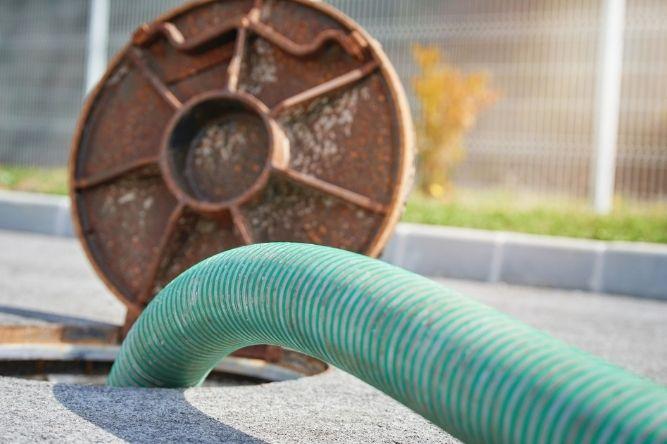You have probably heard of installing a septic system at your home, but what about at a commercial location? A commercial septic system is similar to the ones you are familiar with in residential settings. However, it does have some noteworthy differences that you should consider before deciding if this is the right option for your business or multifamily property.
Here is the breakdown you need to help you understand just what a commercial septic system is and what it has to offer:
Size
The most significant difference between a residential and a commercial septic system is the size. In a residential setting, it only needs to be large enough to accommodate the wastewater needs of a handful of people. A commercial septic system is defined by the EPA as that serving twenty or more people each day. This is ideal for retail locations, large businesses, and even multifamily residential properties such as apartments.
Function
The good news is that function is generally the same between residential and commercial septic systems. Water gets rinsed down your sink, toilet, or bathtub and shower areas. It makes its way to the septic tank where the solids and wastewater separate. The solid waste remains in the tank while the wastewater moves out into the drain field to be filtered and treated. This treated water then gets absorbed into the ground.
Maintenance
Because they are being used by more people, a commercial septic system is going to need more maintenance than a residential unit. You should never go more than three years without having the tank evaluated to see if it needs to be pumped or repaired. They may also need more professional attention to determine whether the septic bacteria are accurately doing what they need to do. Talk with your construction company or septic company to determine just how often your unique system may need maintenance.
You can also save money on these maintenance costs by updating your bathrooms. Install more water-efficient toilets and sinks to cut back on the water people use. Initiating company-wide memos about how to save more water can also cut back on what gets filtered through your septic system. Consider educating people in addition to upgrading your bathroom fixtures.
Treatment
One of the main differences between residential and commercial septic systems is in the treatment of the wastewater. More people using the system can lead to more water flowing through it on a regular basis. Before the effluent (treated wastewater) can be absorbed into the ground, it may need to be pre-treated. This can help it to be absorbed faster in the drain field to keep it from flooding.
Investing in Quality Septic Tanks
If you need to install a commercial septic tank on your property, you should contact an experienced commercial construction company to help. DUB-L-EE can help you to determine exactly what you need and discuss the future maintenance requirements. Contact us today with any questions you might have about your system!

Eddie has been a resident of Albuquerque his entire life.
After he graduated from high school, Eddie joined the Plumbers & Pipefitters Union where he obtained his Journeyman Plumber and Journeyman Gas Certifications. He then worked in the commercial plumbing industry for 7 years until he and his father decided to go into business together and started Dub-L-EE, LLC.
In the last 7 years Eddie has obtained his GA02, GA03, and MM98 certifications allowing Dub-L-EE to fully utilize Eddie Sr. and Eddie Jr.’s expertise in the construction industry.

